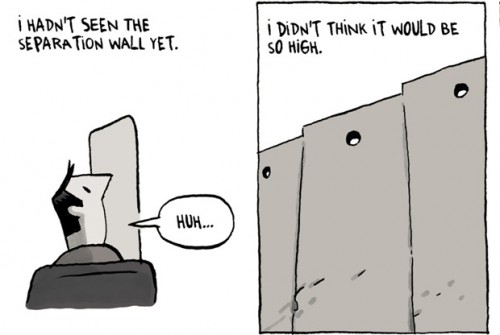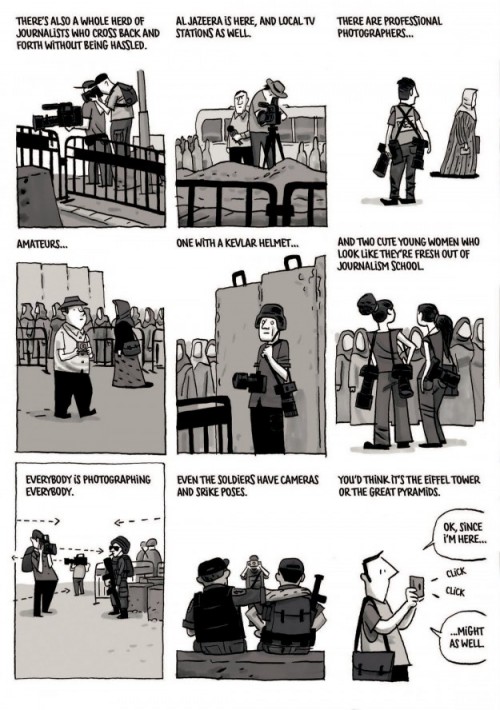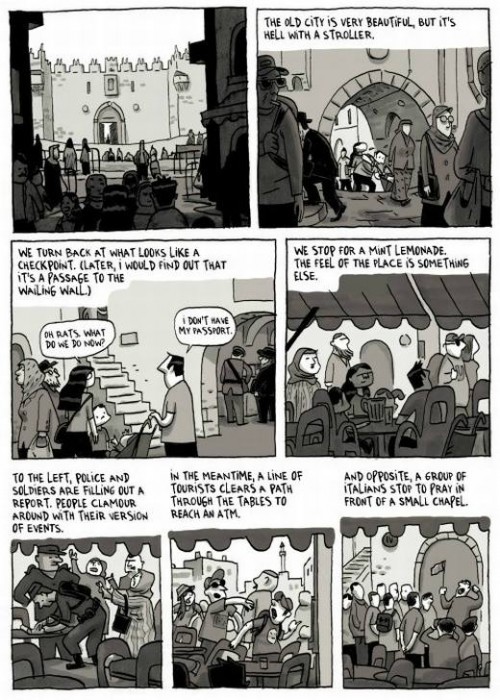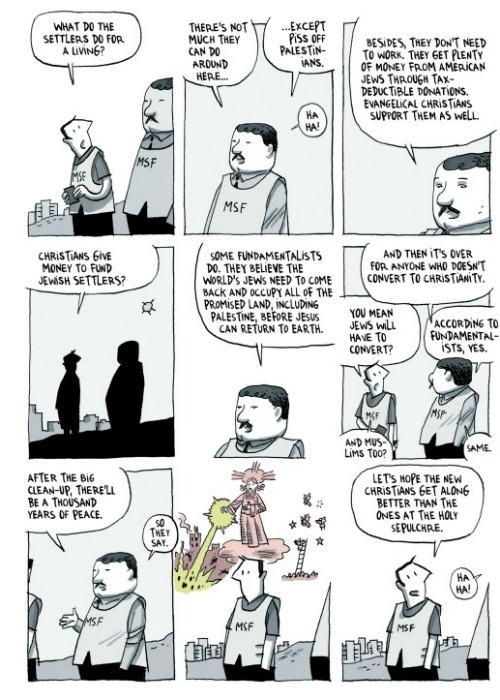I joined author Annabel Lyon in a live chat today as part of the Vancouver Sun Book Club.
Annabel Lyon is the author of The Golden Mean and The Sweet Girl.
Annabel Lyon’s Books on Amazon
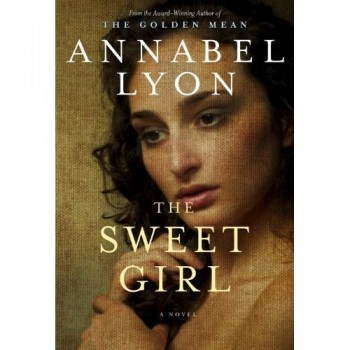
Here are a few highlights from the chat with Annabel Lyon on The Sweet Girl
On how The Golden Mean and The Sweet Girl work together
I was really drawn to Aristotle first and foremost, his intellect, and then I was stuck with the fact that he happened to be an ancient Greek – it was the philosophy that drew me first, the history second. But after I finished writing The Golden Mean, I knew my project was only half-finished. That was such a male book, but I wanted to look at the female world also.
Tips on writing dialogue
always, always, always read it aloud. That’s my first instruction to students. If it doesn’t sound natural aloud, it’s not going to read like natural dialogue. I also encourage students to make the dialogue do the work, and not rely on what are known as dialogue tags (she shouted menacingly, that kind of thing). Those are like stage directions, and for me they dilute the power of the line itself. And finally, in historical fiction, make sure your characters still sound like real people. I don’t think “Zounds, my liege, thou hast verily captured it” is nearly as good as “You got it,” even if you’re working with ancient characters.
In response to my question about routine in writing (whether for fiction, or in my case business writing)
Thanks for your question about routine, Monique. I’m not a big believer in the Romantic image of the writer–alone, suffering, pirate blouse in a garret somewhere, waiting for the muse. It’s a job, and I treat it like a job: dress professionally, go to the office, do your work. You wouldn’t procrastinate relentlessly if you were a lawyer or doctor or drywaller or barrista, and you shouldn’t let yourself do that as a writer, either. I like to compare creative writing to journalism, partly because my dad was a journalist, but partly also because there’s a huge overlap between the skill sets. A good non-fiction sentence and a good fiction sentence have a lot in common. A good opening to a short story and a good lede in a news story are playing on a lot of the same principles. And, similarly, I believe strongly that good creative writing can be taught, just as journalism can be taught. Inspiration, no, but craft, yes.
On factual references in the novel, in particular midwifery and stillbirths being buried with puppies
The puppies: yes, this was something I learned about on my trip to Greece. I was fortunate to travel with a university class from Carleton and U Winnipeg (I made friends with some academics, who let me tag along), and one of the things we got to do was learn about the work of Maria Liston, who teaches at Waterloo and also works at the American School in Athens. I joke that she could be the star of CSI: Ancient Athens, because her work focuses on things like bone remains. She can look at a bone and tell you what it is, how the person died, etc. She told us about her research into the remains of babies found in wells with puppies, and concluded that these were drops midwives used for babies who hadn’t survived. The puppies were one of those touches that was so bittersweet: awful, and yet you could imagine someone grieving the baby’s death and (in their belief system) wanting to send something cuddly with them, to keep them company. You can’t invent this stuff! And of course, as a fiction writer, you can’t pass it up either. I got her permission to use this.
On why I included The Sweet Girl in my Shoebox Project for Shelters package
Related to Golden Mean as a male world and The Sweet Girl as a female world, I’m participating in The Shoebox Project this year (final dropoff day is Monday!), where you put together a shoebox of gifts that are delivered to women in shelters. I felt that Pythias’ story was a good survival story, or at least showed how you need to keep your wits about you even when the world seems against you. So it’s included in my shoebox. http://www.shoeboxproject.com/
If you’re looking for a great gift this season for a reader then I highly recommend The Golden Mean and The Sweet Girl. A combo pack or singles.
Related Links:
Annabel Lyon’s website
Published by Random House
Amazon.ca












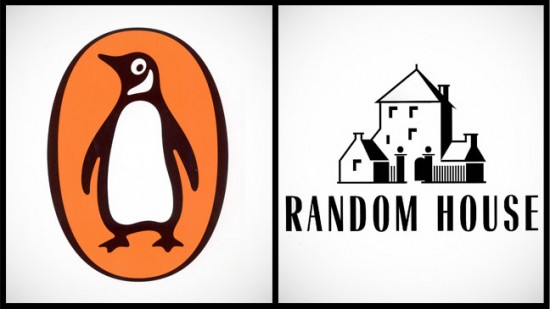


 Corey Pressman taught Anthropology for 12 years before leaving teaching to start Exprima Media, a software company dedicated to creating robust and engaging educational experiences for the web and native mobile platforms. Exprima Media is currently working with publishers such as W.W. Norton, John Wiley & Sons, and McGraw Hill to build the future of educational interactive media. Also, under Corey’s direction, Exprima Media is participating in the ‘global mobile’ revolution, developing educational mobile applications for use in less economically developed nations.
Corey Pressman taught Anthropology for 12 years before leaving teaching to start Exprima Media, a software company dedicated to creating robust and engaging educational experiences for the web and native mobile platforms. Exprima Media is currently working with publishers such as W.W. Norton, John Wiley & Sons, and McGraw Hill to build the future of educational interactive media. Also, under Corey’s direction, Exprima Media is participating in the ‘global mobile’ revolution, developing educational mobile applications for use in less economically developed nations.

